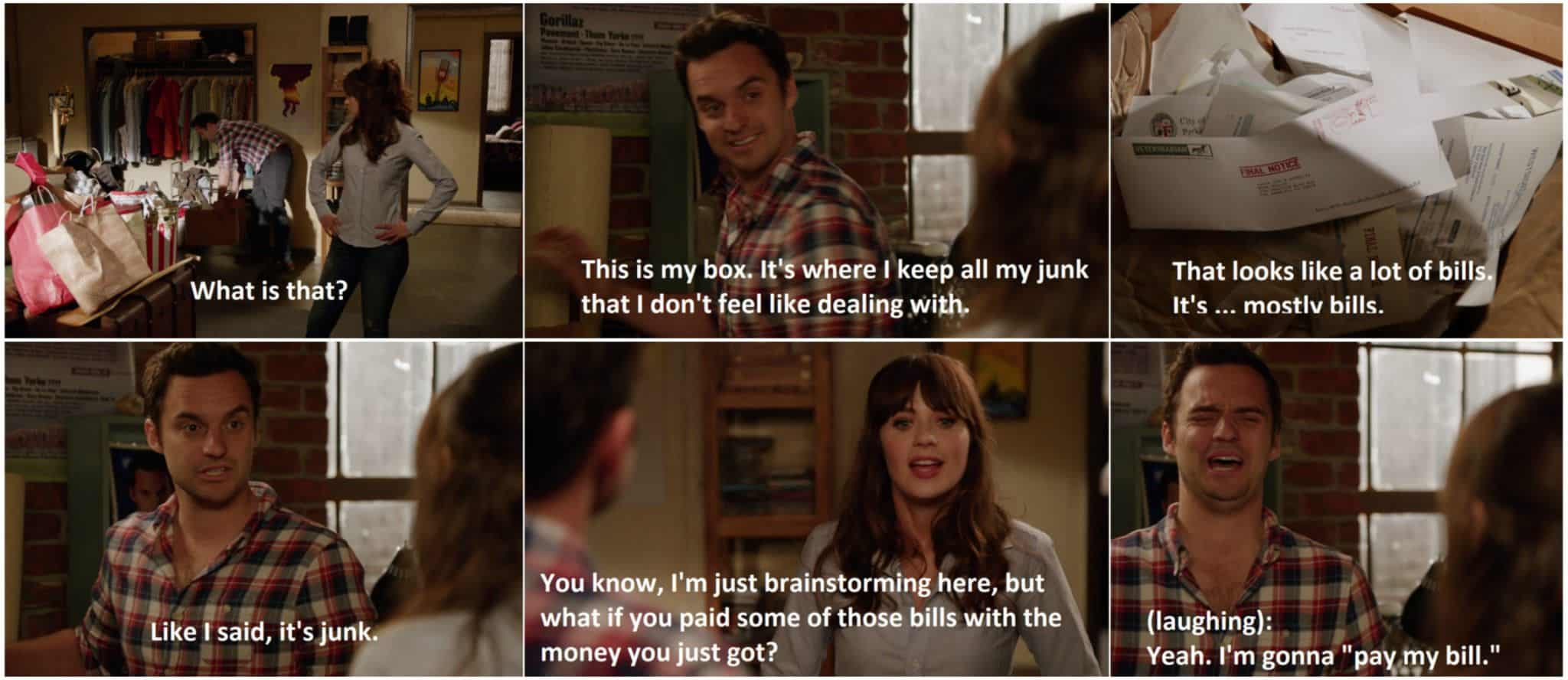Everyone has financial goals. If your starting out maybe it is to save or pay off your debt, maybe you’ve paid off most of your debt and now your concerned with making sure you have enough to retire on. The trouble is figuring out how to start saving.
Doing some research on the topic I found that there seems to be a lot of “simple” solutions (Save $1000 in 26 weeks and the 50/20/30 guideline). Some of these solutions are either short term or make assumptions. Saving $1000 in 26 weeks is nice, but how is that going to help pay off all of your debt? And what if you your monthly expenses happen to be more than 50% of your income?
So here are some tips for you to develop a good financial habits. 
Debt Free: How To Get There
- Make the list of all your debt: I know this is going to be painful, but you have to know where you stand. So make a list of all your student loans, credit cards, and other debts. If you can also write next to the numbers, the interest rates. This can help you to decide which credit card to payoff first or which to transfer you balance over to a card with a significantly lower interest rate.
- Make a list of all your monthly expenses: Write our every single last expense. Rent, mortgage, electric, water, gas, Netflix, trash, HOA, insurance, car payments, gym membership. Anything and everything that you have to pay every month.
- Make a budget: Write out what your monthly income is; include any source of income that is received. From that subtract your monthly expenses. Whatever you have left must be used for groceries, gas, savings, and paying down debt. Make sure that you budget enough for groceries, gas, and entertainment. Otherwise you are going to break your budget.
Now here is the most important part. What your next step is going to be is deciding what to do with whatever is left over. I have made the mistake of assuming that well I have $1000 extra, and $1000 on my credit card so naturally I should just pay of the credit card. Yay! One step closer to being debt free!! The key is to not go way to small or way to big with paying off debt. You have got to find a happy medium.

The better solution is that I should have saved $500-$600 and paid down the debt with the rest. The idea behind that is that way when I do need money I can pull it from savings instead of using my credit card, and then have to pay it down again. Paying down debt should never come before saving, because once you do pay down your debt you’ll will be back at start with no savings and a whole lot of credit line.
Another good practice is to not start paying down your debt until you have either 1-3 months of expenses or a $1000 emergency fund saved up. The main idea here is to realize that each persons financial situation varies, so each financial plan is going to be different. You are the only one who knows how much you need to budget, what you can cut out, and what you can afford to do.
The best thing to do is create a realistic plan that will help you. Then, you can start working your way towards financial freedom, accomplishing your goals, and realizing your dreams. “The secret of getting ahead is getting started.” – Mark Twain
We are always just a click here or phone call to 813-300-7116 away.
Provided to you by Tabby Russell Rivera, Buyers Agent for Nick & Cindy Davis RE/MAX Premier Group.

